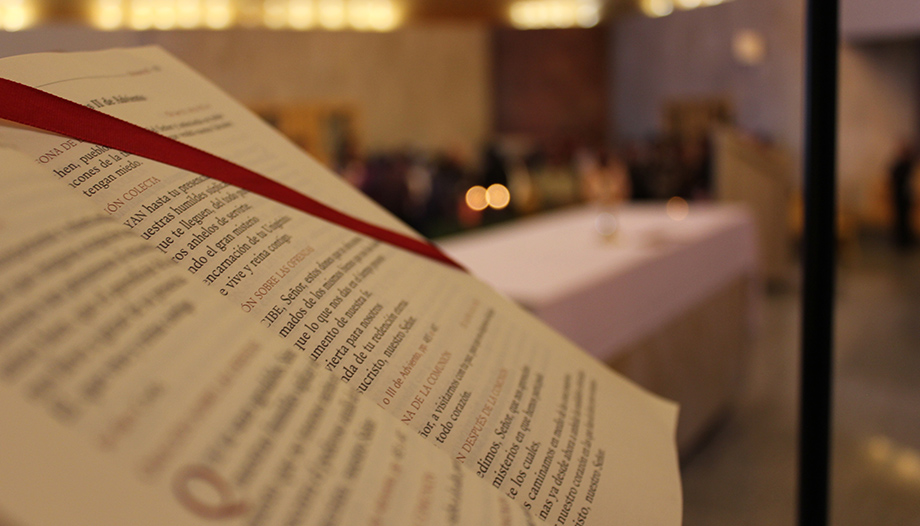The Pharisees and Sadducees were two groups within Israel at the time of Jesus who held radically opposed views of Judaism. As we learn later from the Acts of the Apostles: "(The Sadducees hold that there is no resurrection, neither angels nor spirits, while the Pharisees admit both)" (Acts 23:8). The Sadducees were like modern liberals: they believed very little and were very worldly. But they had managed to occupy the highest positions in the life of Israel at that time. The Sadducees were the priestly class and from them came the High Priest. The Pharisees claimed to be a reform movement within Israel with a deep attachment and zeal for the Law. But this zeal led them to rigidity and even fanaticism. It might seem surprising that Jesus was hardest on the Pharisees. Why did he not attack the worldly and corrupt Sadducees? Probably because he thought there was little hope of their conversion. But the force of Christ's rebukes against the Pharisees suggests that he thought there was a chance that at least some of them would convert. In fact, the most famous convert of all, St. Paul, was a Pharisee.
Very occasionally, in spite of their general opposition among themselves, they allied themselves against Jesus. In today's Gospel we learn how the Pharisees, upon hearing that Jesus had silenced the Sadducees, "met" to try to catch him, to "put it to the test". The same word, "test," is used for the devil's temptation of Jesus in the wilderness. Jesus was asked which was the greatest commandment. At that time there were discussions on this question among the different rabbinical schools. But as in the temptation about whether or not to pay taxes to Caesar, Jesus' answer goes to the heart of the matter, to the essential principle. Based on the revelation of the Old Testament, Our Lord teaches that the first commandment is to love God above all things and the second commandment, his fellow man, is to love one's neighbor as oneself. The answer is not to follow a particular rule, but the love that inspires the rules.
Of course, love will lead to certain good actions and the avoidance of bad ones. The first reading outlines a number of bad actions to avoid: treating strangers badly, treating orphans and widows harshly, demanding excessive interest, and so on. Love does no harm and will certainly strive to stay away from wrongdoing. But the accent should be on the love to which we aspire, not on the standard to be followed. It is a subtle but important distinction: the pursuit of love does not mean abandoning all rules. It is not giving in to permissiveness: in fact, some so-called forms of love are not true love at all. It is rather a question of priority, of what we really intend in each act: to love or to follow a rule. The ultimate goal must be to act lovingly, not just correctly.
Homily on the readings of the XXX Sunday in Ordinary Time (A)
The priest Luis Herrera Campo offers its nanomiliaA short one-minute reflection for these Sunday readings.








